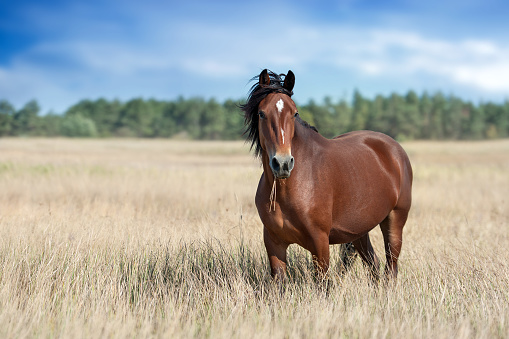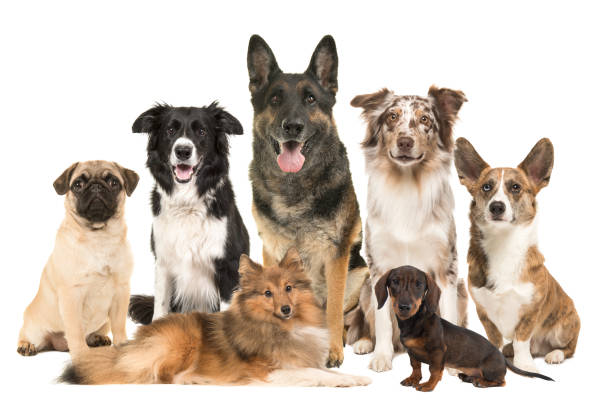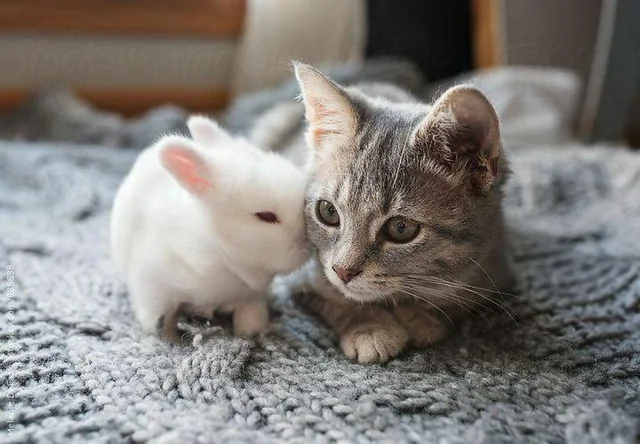Services
Nadia is an ACPAT Cat A based in Bedford and provides a veterinary physiotherapy service for horses, dogs and small animals covering Bedfordshire, Buckinghamshire, Northamptonshire, Hertfordshire and Cambridgeshire.
Horses Physio
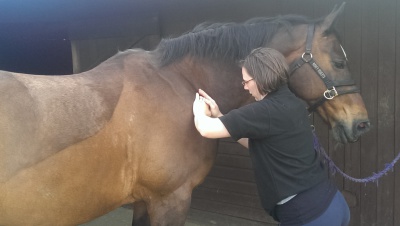
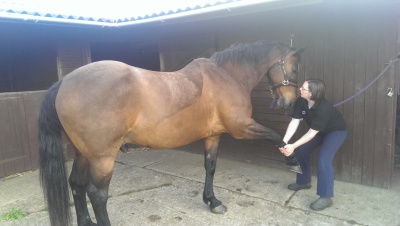
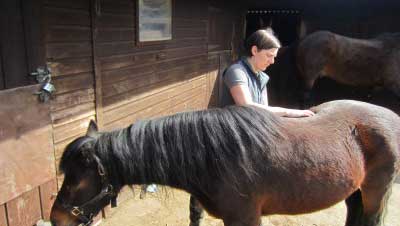
Dogs Physio



Other Animals Physio
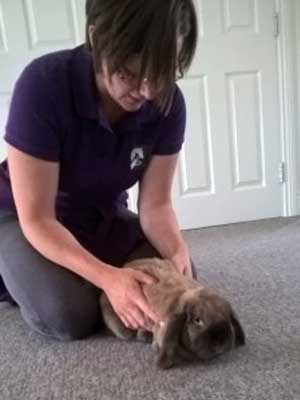
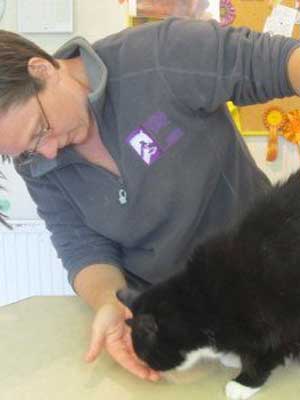
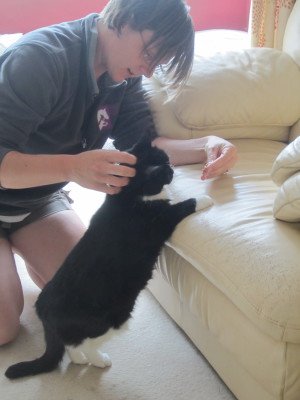
Why choose ACPAT?
ACPAT is the Association of Chartered Physiotherapists in Animal Therapy. A growing number of Chartered Physiotherapists now work with animals. Unlike the title ‘Veterinary Surgeon’ the title ‘Animal or Veterinary Physiotherapist’ is not protected. This means that any one can call themselves an animal or veterinary physiotherapist regardless of their qualifications.
The title ‘Chartered Physiotherapist’ is protected by law and can only be used by physiotherapists who have achieved a high level of academic and practical training in all aspects of physiotherapy and are consequently qualified and registered to practice. ACPAT physiotherapists are used by the British Equestrian team and also used and endorsed by Noel Fitzpatrick (“Supervet”).
Note: Legislation stipulates that animals may only be treated by a Veterinary Surgeon or someone authorised by a Veterinary Surgeon. Members of ACPAT adhere to this requirement to safeguard the interest of the animal.


